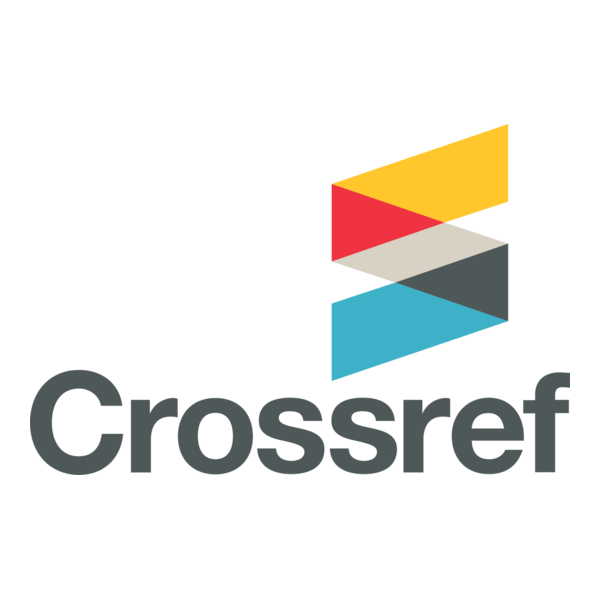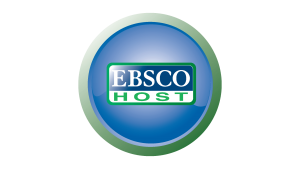Styles of Educational Leadership and Building Blocks for a Successful Leadership Model in Primary Schools
Keywords:
leadership, primary school, educational manager, leadership styles, leadership building blocksAbstract
Purpose and Originality: The purpose of this research is to show what type of leadership styles and models are used by the educational managers in Slovenian public primary schools. We wish for the managers to recognise their leadership style, upgrade it and if necessary, change it. Our purpose is to recognise the building blocks for a successful leadership model. The original scientific contribution of our research is in the formation of a successful leadership model in schools with its building blocks. The theoretical contribution is in the study, explanation and upgrade of theoretical findings in the scientific fields that we used as background. When examining the professional and scientific literature and cases, we found out that such model, as it was in our research is not to be found in Slovenia.
Method: On the basis of an extensive systematic overview and literature analysis in our examination field, we have chosen an online questionnaire with the help of which we questioned all employees in primary schools about the leadership. We received full answers from 89 educational managers and 243 teachers. We analysed the results given with the intent to choose leadership styles. We used many research methods and statistic tests.
Results: The results of our research have shown that in teachers as well as educational managers, transformational leadership is ranked highest, especially the “motivation with excitement” approach. The lowest average is with passive leadership. The teachers believe that the transactional and passive leadership styles are more used by the managers than they believe for themselves. We examined whether there are any statistically distinct differences regarding the use of a chosen leadership model. This statement was partially confirmed. On the theoretical basis and quantitative research we have formed a model for a successful leadership in primary schools, in which we included eleven building blocks.
Society: Our research included schools across the country and, therefore, it is safe to state that our findings are true for all public primary schools in Slovenia. With the choice of the right leadership style we can expect important changes for the better. This research has influence on the society and environment we live in. With the help of good leadership we increase satisfaction, improve relationship towards co-workers, children, students, and impact wider public. For that reason we have more satisfied individuals in our society. If the previously mentioned model is tested in other segments of the public sector as well, and proven successful, our research will impact a wide number of employees in a large public sector in Slovenia.
Limitations / further research: The research is based on public schools only; the (MLQ) questionnaire is of foreign origin. The possibilities for further research are: research that would include the entire school system in Slovenia and its comparison to similar schools abroad.
Additional Files
Published
How to Cite
Issue
Section
License

This work is licensed under a Creative Commons Attribution-ShareAlike 4.0 International License.
![]()








